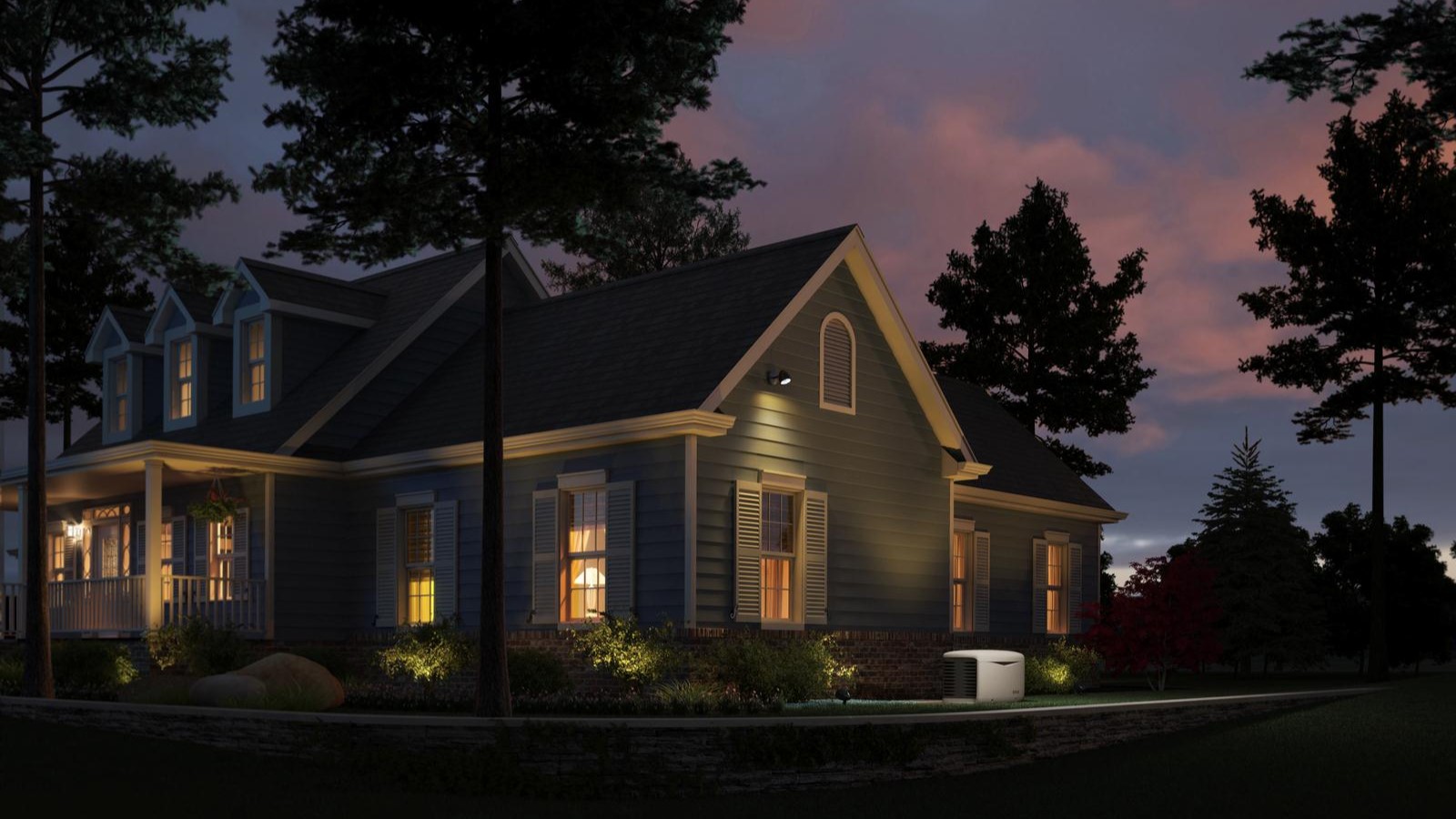According to the latest statistics, only 180,000 Americans live off-grid. That is to say, they don’t rely on centralized power supplies to function.
A reliable backup power source is essential for any household, especially during unexpected outages. With various options available, choosing the right home generator can be overwhelming.
In this article, we’ll explore seven types of home generators, their features, and their benefits, to help you make an informed decision. With this article, you’ll learn how to make sense of today’s home power backup options and make the perfect purchase.
Read on to learn more about the best home standby generators for backup power.
1. Portable Generators
Portable efficient standby generators are one of the most common and versatile options for home backup power. They run on gasoline or propane and are easy to move around, making them ideal for short-term power outages or outdoor activities. With wattage options ranging from 3,000 to 10,000 watts, they can power essential appliances like refrigerators, lights, and even HVAC systems.
The compact size and versatility of these generators make them an excellent choice for those who want energy efficiency without breaking the bank.
Advantages of Portable Generators
- Easy to transport
- Affordable
- Simple to set up
Disadvantages
- Limited fuel capacity
- Regular refueling needed
- Produces noise
Portable generators are perfect for quick setups in emergencies, offering peace of mind during short-term power disruptions. However, be prepared for regular maintenance and fueling to ensure uninterrupted operation.
2. Inverter Generators
Inverter generators are an upgraded version of portable generators. These emergency power solutions produce clean and stable power, making them ideal for sensitive electronics like computers and smartphones. Inverters are also quieter and more fuel-efficient than traditional portable models.
This class of generators represents affordable yet powerful home power backup options for your average consumer.
Benefits of Inverter Generators
- Quieter operation
- Fuel-efficient
- Safe for electronics
Limitations
- Limited power output
- More expensive than standard portable models
Inverter generators shine in situations where quiet operation is crucial, such as during outdoor events or camping trips. While they are more expensive, their superior technology makes them a worthwhile investment for electronic protection.
3. Standby Generators
Standby generators are permanently installed outside your home and automatically kick in when the power goes out. These generators are connected to your home’s electrical system and can run on natural gas or propane, providing uninterrupted power during extended outages.
Why Choose Standby Generators?
- Automatic start during power failure
- Provides continuous power
- Powers entire home
Drawbacks
- Expensive installation
- Requires regular maintenance
Though more costly, their reliability during long-term outages makes them an ideal choice for households in storm-prone areas or regions with unstable grids.
4. Solar Generators
Solar generators are an eco-friendly option that harnesses the power of the sun to generate electricity. They store energy in battery banks and provide clean, renewable power. Although their output is typically lower, they are an excellent choice for those looking to reduce their carbon footprint.
Pros of Solar Generators
- Renewable energy source
- Quiet operation
- No fuel costs
The Cons
- Dependent on sunlight
- High initial cost
- Limited power output
However, they work best in sunny climates, and cloudy days could limit their efficiency for high-power needs.
5. Dual-Fuel Generators
Dual-fuel generators offer flexibility by running on two types of fuel, usually gasoline and propane. This option provides the convenience of switching between fuel types depending on availability, which can be a lifesaver during emergencies. This choice is a great option for those hoping for versatile and efficient standby generators.
Advantages of Dual-Fuel Generators
- Fuel flexibility
- Longer run time
- Easy to refuel with multiple options
Possible Challenges
- Higher upfront cost
- Maintenance is required for both fuel types
Their flexibility makes them an excellent option for families looking to be prepared for various emergencies.
6. Whole House Generators
Whole house generators are a powerful solution designed to provide electricity to your entire home during an outage. These units are connected directly to your home’s electrical system and can run on natural gas, diesel, or propane. This option offers reliable, high-capacity power for long periods.
Benefits of Whole House Generators
- Powers entire home
- Long-lasting power supply
- Reliable for extended outages
The Downsides
- Expensive to purchase and install
- Regular servicing needed
Although the initial cost is high, the long-term benefits far outweigh the expense for families living in areas prone to frequent outages.
7. Battery Backup Systems
Battery backup systems store electricity generated from renewable sources like solar panels or grid power. They are a great solution for short outages and can provide power to critical systems such as lights, refrigerators, and electronics.
Advantages of Battery Backup Systems
- Silent operation
- No fuel needed
- Compact and easy to install
A Few Disadvantages
- Limited power storage
- Expensive for larger setups
For larger homes or extended outages, you may need to supplement these systems with other forms of backup power to avoid running out of stored energy.
8. Hydrogen-Powered Generators
Hydrogen-powered generators are an emerging technology in the world of clean energy. These generators use hydrogen fuel cells to produce electricity with water vapor as the only byproduct, making them an eco-friendly choice. Although still relatively new to the consumer market, they offer great potential for sustainable, long-term power solutions.
Why Choose Hydrogen-Powered Generators?
- Zero emissions
- Quiet and efficient operation
- Uses abundant hydrogen fuel
Upcoming Challenges
- High cost due to limited availability
- Requires hydrogen fuel supply infrastructure
While the technology is still evolving, it will likely become more accessible as fuel supply infrastructure improves.
9. Wind-Powered Generators
Wind-powered generators utilize small turbines to capture wind energy and convert it into electricity. Ideal for homes in windy areas, they offer a sustainable alternative to traditional fuel-based generators. Wind generators can be paired with other systems, like solar or battery backup, to maximize efficiency.
Advantages of Wind-Powered Generators
- Renewable energy source
- Low operational costs
- Minimal environmental impact
The Drawbacks
- Inconsistent power supply depending on wind conditions
- Higher upfront installation cost
- Requires sufficient open space for installation
These may not be the best fit for areas with unpredictable wind patterns, as power output can vary greatly.
Buy Smart: Best Home Standby Generator Explained
Choosing the right home generator depends on your specific needs and budget. Whether you prefer the portability of inverter generators, the eco-friendliness of solar models, or the power of standby units, having a reliable backup power source ensures that you stay prepared for any situation. Evaluate the pros and cons of each generator type to find the one that best suits your home.
We’re committed to providing you with the best home standby generator. Our qualified team is here to help, so contact us today for more information.

